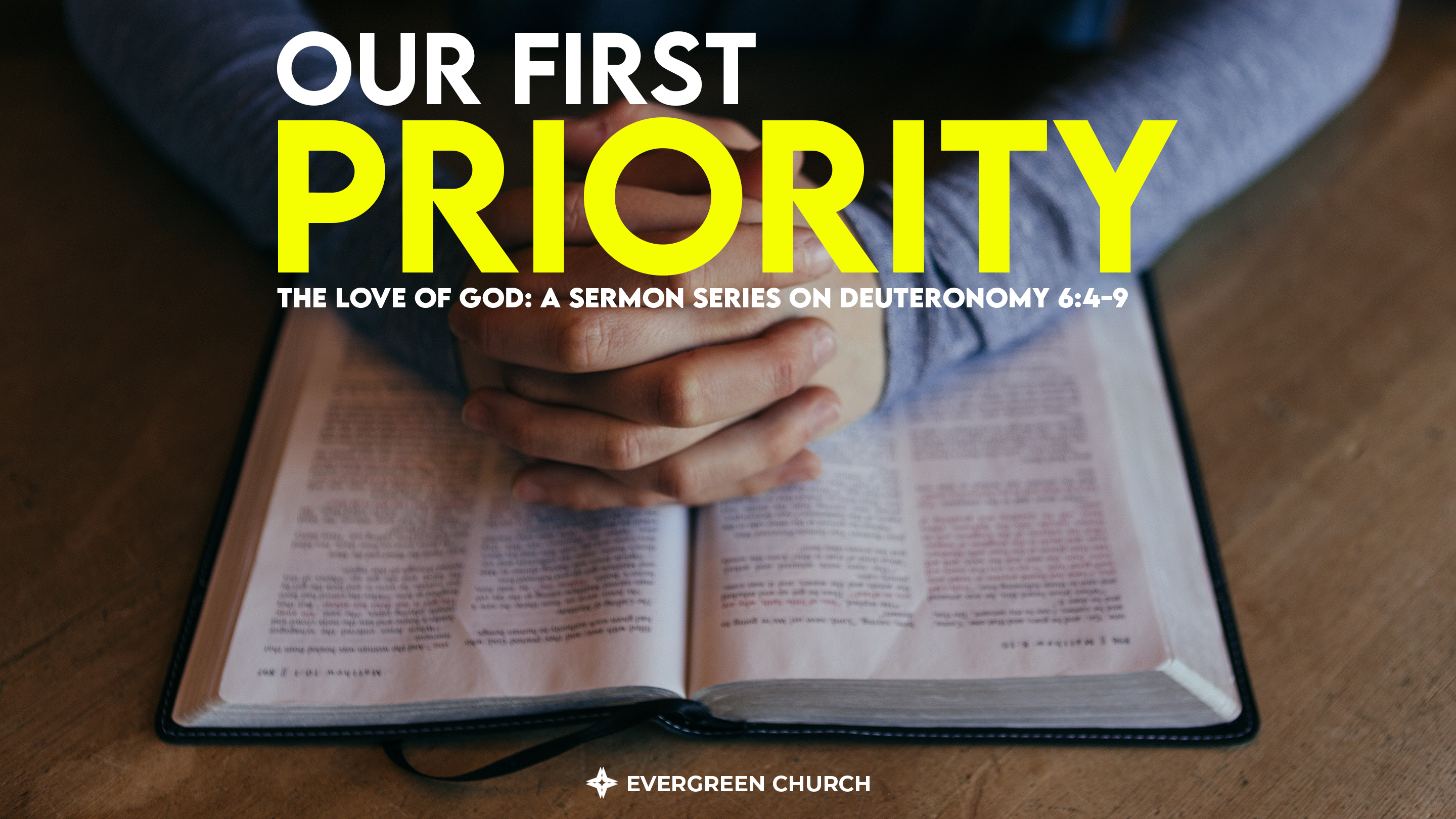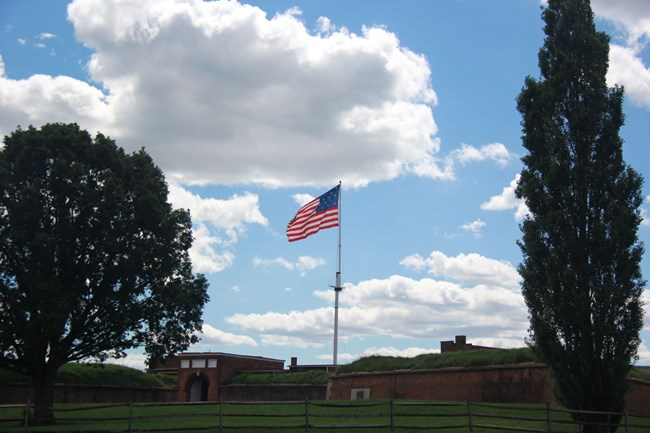
[Listen to an audio version here]
How does love grow up in our hearts? We “see” the object of love as desirable and loveable. Now, note very carefully that this does not mean that we literally see these things with our eyes. We can have these objects in our mind. For example, we may love the place where we grew up, but we may not be there or even see it in pictures. We simply have it in our memory and those memories awaken love in us. We may love our children, but we do not always have them with us. Our hearts can yearn for them even when they are not with us. The point is that it is how we see with our minds that will determine what and whom we will love.
It’s not surprising, then, that when Moses tells the people that they are to love God, he begins by teaching them to “see” God. Hear, O Israel, the LORD our God, the LORD is one.
Why did Moses begin by saying “Hear”?
They needed to stop what they were doing and listen. An image in our mind begins with hearing properly. They would hear God’s Word and that would enable them to think about and meditate on God. They may have had many things in their mind. They needed to give attention to God in order to know Him.
We cannot do this on our own. We can know things about God. He has not left Himself without witness. However, to really see God in the way we should, God needs to show Himself to us. When we get ready to listen to God, we should pray. We should pray for God to open up our eyes to see Him in His glory like Moses did. This is what will move our hearts to seek Him.
Second, we have to get some margin for thoughtful meditation. Our society is a go, go, go society. We are always on the move, always doing something. We need to take time and think and pray. We have to find margin to do so. We think that it will be a waste of time. Our fear of lack of activity is out of all proportion to reality. We’ve got to sit in the quiet. This is what will actually fill us with joy and happiness. Simply glossing over our anxiety by keeping ourselves busy will never enable us to develop the happiness we truly desire.
So, how does listening to this phrase help us to know God? We want to consider the three things this phrase tells us. What did Moses mean by “the LORD”? What did he mean by “our God”? And what did he mean by saying that “the LORD is one” (Dt. 6:4–9).

